Justine Flynn co-founded Thankyou with her husband, Daniel, and their best friend Jarryd Burns. Since launching with bottled water in 2008, this social enterprise has donated over $6.2million to water, sanitation and other charitable programs, and produces 55 personal and baby-care products sold throughout Australia and New Zealand
We were young and naïve when we started, with the confidence that can accompany that. But we also worked hard, got out there, knocked on doors and asked lots of questions. The first three years were certainly a journey. Our first-ever order, distributed nationally, had to be recalled because the labels on a third of the bottles arrived scrunched up and illegible. We got a lot of colourful language from the distributor. But he stayed with us because he understood the ‘why’ – the reason that we’d launched the business and the goal that we were reaching for.
You need to know your ‘why’ and understand it deeply. There were moments in those first years where each of us, at various points, felt like giving up, but we had to focus on our goal and our vision. We spent a year visiting stores and supermarket shopping centres all over Australia to get our water into 350 outlets, and after a year we’d lost 300 of them because of problems with our supplier. So we basically lost all of our existing customers. And we had a moment of thinking, ‘Do we just give up now? Is this even worth it?’ And yes, we’d made an impact and helped some people to access safe water, and that was pretty nice. We could have walked away then. But our vision wasn’t to help one community, but to help hundreds of thousands of people – hopefully millions – to access safe water. So we kept going.
Like so many journeys, mine began with an inspiring teacher. I remember sitting on the carpet at school, aged 12, listening to Ms Morrison relate tales of travelling in developing countries, and sleeping on a mud floor in a hut, and I knew then that I wanted to experience those things myself. A couple of years later, I asked Mum if I could go to Indonesia – where Ms Morrison now lived – and work in a children’s foundation. Mum said I could go as long as I raised every cent myself.
I set off on September 19, 2001 – eight days after the World Trade Centre terror attacks. It was very brave of my parents to let me go, as I was only 14. When I was there, I saw the impact of poverty on a community, particularly if it lacked a water supply.
I had the biggest culture shock when I came back. Sitting on my bed and looking at all my 14-year-old stuff, all those piles of CDs, I decided that whatever I did when I grew up, I wanted to be able to help people and give back. But it took me a while to figure out how I was going to do it.
In his late teens, Daniel had watched videos of children as young as five spending their entire day walking to collect water and the injustice of this situation affected him profoundly. He felt these children should be at school, getting an education and working out what they wanted to do with their future. So, he and I, and Jarryd, his friend from school got together to ask ourselves what we could do, and that’s where the Thankyou journey began.
I have a document that details eight stages of making change, which I often use as a template when we’re looking at implementing change in the business. Step one is ‘create urgency’. Why are we doing this, and why now? You have to create a vision, and enlist a ‘volunteer army’ to make it happen. Communicate the vision, and remove obstacles. And celebrate the short-term wins along the way. For internal changes, we assign a person within the company, usually in People & Culture, to manage the process, too. Change can be hard and it can be helpful to have a strategy you can refer to. It makes the change intentional.
I’ve experienced burnout, which has made me more alert to the signs of it in our employees. A couple of years ago, I started to get recurring infections and felt very unwell. It took several months to receive a diagnosis and that period of not-knowing was very difficult. When the doctor told me I had to take three months off work, my reaction was to seek a second and third opinion. I’d always seen myself as someone who thrived under pressure – and I enjoyed feeling that others regarded me as good at managing stress – so it was difficult for me when that identity was challenged. I had to strip back every title, from brand director to partner and mum. I remember saying to Daniel that I felt like mush, like I’d come completely undone. I use the analogy of a caterpillar in a cocoon, who in that isolation transforms into something entirely different. That process of undoing all of the old patterns was important.
I’m still learning to set boundaries around work, but I certainly feel less guilty about putting myself first and taking the time that I need to stay healthy. I’m also getting help with practical matters like housework, so I don’t feel I have to do everything. You have to recognise the limits of what you can do.
As a founder, you need to work out your 5 per cent. I read once that 85 per cent of what you do can be undertaken by someone else; 10 per cent you can train someone to do; and 5 per cent of your role can only be performed by you. At the moment I’m focusing on my 5 per cent and trying to delegate some of my other work to others around me. Looking after my health, for example, no one else can do. I want to spend time with my four year old before he starts school, so that’s an important investment of time for me. And I’m applying that 5 per cent mentality to the business, so we can find more efficient ways of working. That might mean outsourcing some work so that our teams can focus on what they do best and really amplify the impact that we’re making.
To learn more about Thankyou, go to www.thankyou.co




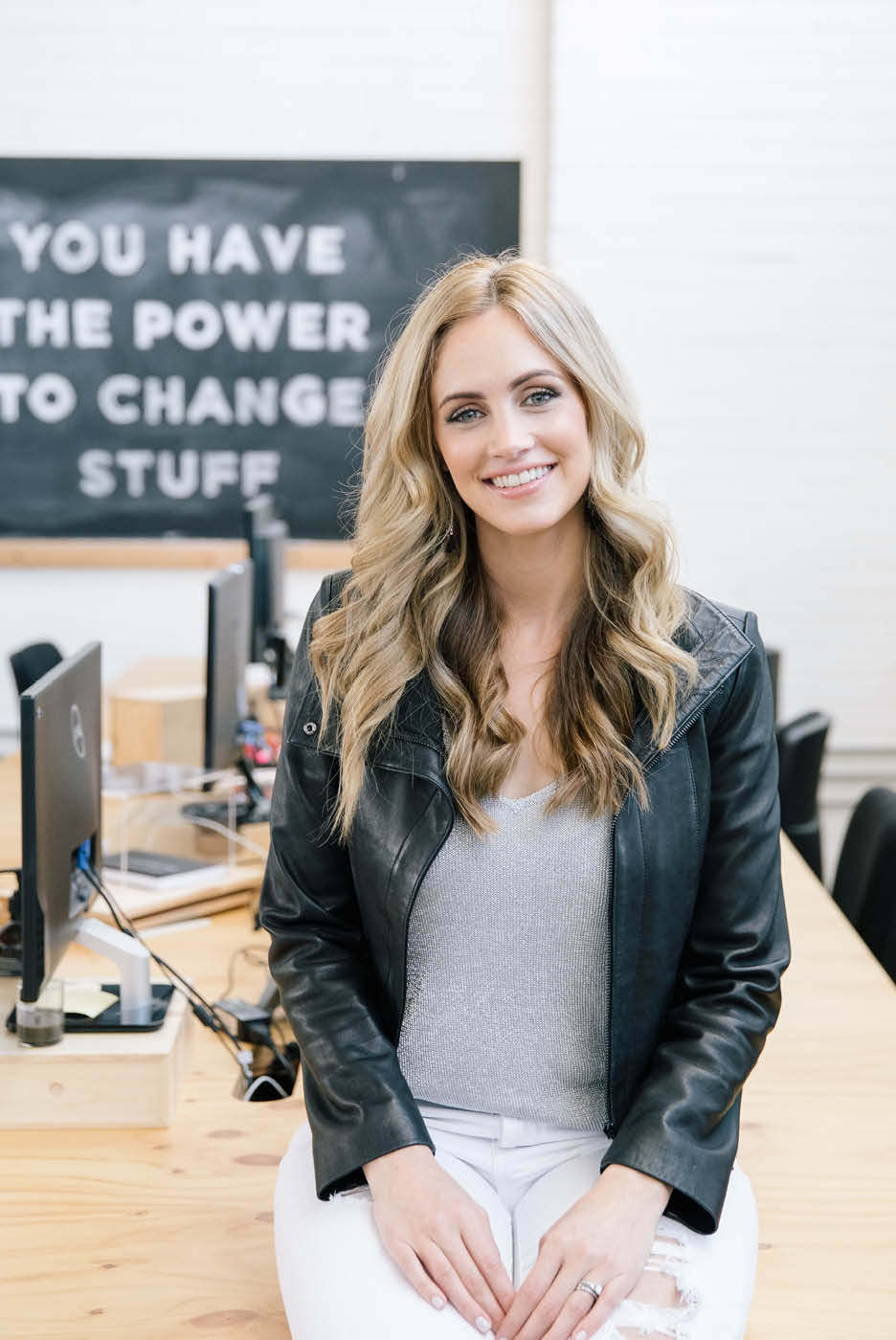



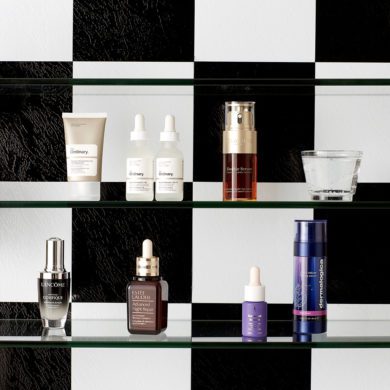
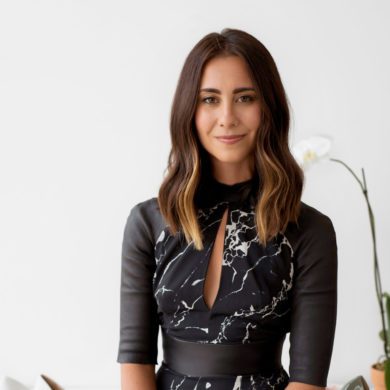
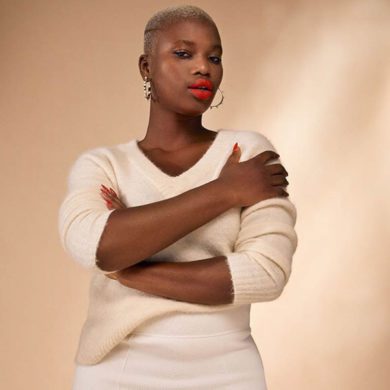

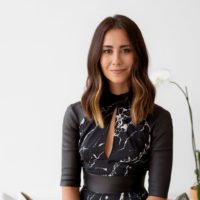

No Comments